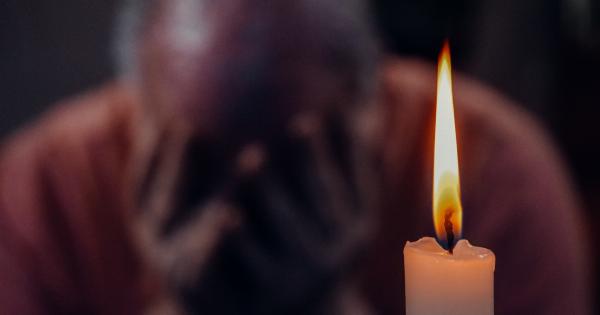Cheating in a relationship can be devastating, leaving you feeling betrayed, hurt, and unsure of what to do next.
Discovering that your partner has cheated on you can shake the foundation of your relationship and make you question everything you once knew. The decision to stay or leave after infidelity is a deeply personal one, and there are many factors to consider. In this article, we will explore coping strategies for dealing with cheating and help you decide if it is time to walk away.
Understanding the Impact of Cheating
Infidelity can have a profound impact on your emotional well-being. It can lead to feelings of anger, sadness, resentment, and even a loss of self-esteem.
Trust, which is vital in any relationship, is shattered, making it difficult to rebuild the bond you once had with your partner. If you have discovered that your partner has cheated, it is important to recognize and validate your emotions.
Seeking Support
Dealing with the aftermath of cheating is not something you have to go through alone. Reach out to friends, family, or a therapist who can provide support and guidance during this challenging time.
Talking about your feelings and concerns can help you gain perspective and clarity.
Therapy can be particularly beneficial as it provides a safe space for you to explore your emotions and work through the issues arising from the infidelity.
A therapist can also help facilitate open communication with your partner, allowing for honest discussions and the opportunity to rebuild trust if you choose to stay together.
Assessing the Relationship
While coping with cheating is challenging, it is crucial to assess the overall health of your relationship. Consider factors such as communication, compatibility, and mutual respect.
Infidelity is often a symptom of deeper problems within the relationship, and it is important to evaluate whether these issues can be resolved.
Reflect on whether you and your partner work well together, share common goals and values, and are willing to invest in the relationship’s growth. Evaluate if the cheating was a one-time mistake or a pattern of behavior.
Understand that rebuilding trust may take time and effort from both parties involved.
Setting Boundaries and Rebuilding Trust
If you choose to stay in the relationship after cheating, setting clear boundaries is essential. Discuss your expectations and establish guidelines with your partner to prevent further transgressions.
Rebuilding trust is a gradual process that requires consistent effort and transparency.
Both partners must be committed to healing the relationship and working through the underlying issues that led to the infidelity. This may involve attending couples therapy, improving communication skills, and addressing any unresolved conflicts.
Remember that trust is built over time through consistent actions and open communication.
Forgiveness and Moving Forward
Forgiveness is a personal choice and may not come easily. It is essential to allow yourself time to heal and process your emotions before making a decision.
Forgiveness does not mean forgetting or condoning the infidelity, but rather choosing to let go of the pain and resentment that can consume you.
While forgiving your partner is important, it does not guarantee a successful relationship moving forward.
Healing from the effects of cheating requires both partners to actively work on rebuilding the foundation of trust and addressing the underlying issues that contributed to the infidelity.
Recognizing When it’s Time to Walk Away
Deciding whether to walk away from a relationship after cheating is often one of the most difficult decisions to make. It requires deep introspection and consideration of your own needs and happiness.
If your partner shows no remorse or empathy for their actions, fails to take responsibility, or continues to engage in infidelity despite attempts at reconciliation, it may be time to walk away.
Learning to trust again is a challenging process that requires both partners’ commitment.
If the emotional toll of cheating becomes too overwhelming and affects your mental health, walking away may be the best choice for your well-being. Remember, prioritizing your happiness and emotional well-being is essential in any relationship.
Ultimately, the decision to stay or leave a relationship after cheating is a deeply personal one. There is no one-size-fits-all answer.
It is important to take the time to reflect on your needs, evaluate the health of the relationship, and seek support as you navigate through the difficult emotions.
Remember, you deserve love, respect, and honesty in your relationship. Whether you choose to stay and work on rebuilding trust or walk away to protect yourself, prioritize your own well-being and happiness above all else.





























